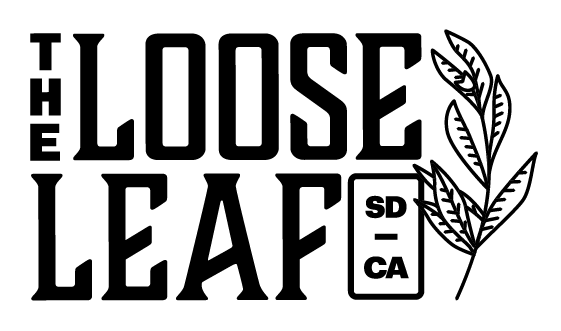Exploring the Power of Expectorant Herbs in Our Herbal Education Series
When it comes to the power of herbs, expectorants hold a special place in supporting respiratory health and overall well-being. In the first session of our Herbal Education Series, we’re diving deep into the fascinating world of expectorant herbs—what they are, how they work, and why they’re vital for preventive health and recovery during illness.
What Are Expectorant Herbs?
Expectorants are herbs that help clear mucus and phlegm from the respiratory system. They work by thinning mucus or stimulating the body’s natural processes to expel it, making breathing easier. Whether you’re dealing with a lingering cold, seasonal allergies, or just want to maintain a healthy respiratory system, expectorants can be incredibly beneficial.
How Do They Work in the Body?
Expectorant herbs work in various ways, depending on their unique chemical properties:
Thinning mucus: Some expectorants reduce the thickness of mucus, making it easier to expel.
Stimulating movement: Others encourage the cilia in the respiratory tract to move more actively, helping to clear out mucus.
Soothing irritation: Many expectorants also have soothing properties, which calm inflamed tissues in the respiratory tract.
By supporting the body’s natural ability to clear out toxins and mucus, these herbs play a dual role in preventive health and strengthening the body during illness.
Why Are They Important?
The respiratory system is one of the first lines of defense in your body. Keeping it healthy is essential for maintaining overall wellness. When mucus builds up, it can trap pathogens and irritants, leading to infections or chronic inflammation. Expectorants not only help your body clear out these substances but also ensure your respiratory system stays functional and healthy, reducing your risk of illness.
During times of sickness, such as a cold, flu, or respiratory infection, expectorants provide relief by easing congestion, improving airflow, and soothing irritation. They’re a must-have in your herbal toolkit!
Top 5-6 Powerful Expectorant Herbs
Licorice Root (Glycyrrhiza glabra)
Licorice root is a powerful expectorant with soothing properties. It helps thin mucus, making it easier to expel, while its anti-inflammatory effects calm irritated respiratory tissues.Mullein (Verbascum thapsus)
Mullein is known for its ability to loosen and expel mucus while soothing the respiratory tract. It’s gentle yet effective, making it a favorite for coughs and bronchial congestion.Elecampane (Inula helenium)
A traditional favorite for respiratory health, elecampane supports the lungs by stimulating expectoration and reducing mucus buildup. It’s particularly helpful for chronic bronchitis or wet coughs.Thyme (Thymus vulgaris)
This aromatic herb is not only a culinary favorite but also a powerful expectorant. Thyme helps loosen mucus and has antimicrobial properties, making it an excellent choice for colds and respiratory infections.Eucalyptus (Eucalyptus globulus)
Eucalyptus is widely known for its ability to open airways and expel mucus. Its essential oils are often inhaled to relieve congestion, but the herb itself can be used in teas or infusions for similar benefits.Peppermint (Mentha × piperita)
Peppermint contains menthol, which helps thin mucus and soothe the respiratory tract. It’s particularly useful for relieving nasal and chest congestion.
Stock up on these teas with plenty of expectorant properties:
Incorporating Expectorants into Your Life
During our herbal education session, we’ll explore how to prepare teas, syrups, and tinctures using these expectorant herbs. You’ll also learn how to combine them with complementary herbs to amplify their benefits—for instance, pairing expectorants with anti-inflammatory or immune-boosting herbs for added support.
Final Thoughts
Whether you’re interested in preventive health or looking for natural remedies to support your body during sickness, expectorant herbs are a powerful and accessible resource. Join us in our first session of the Herbal Education Series as we take a closer look at these incredible herbs and how they can elevate your approach to wellness.
Stay tuned for more updates and insights from our herbal education journey. We can’t wait to help you explore the healing power of nature!

